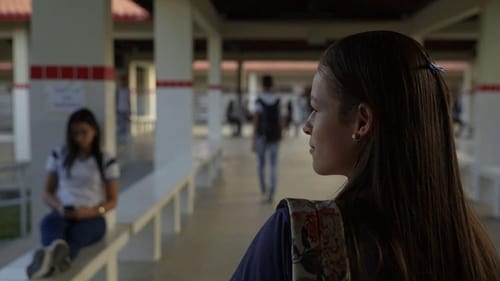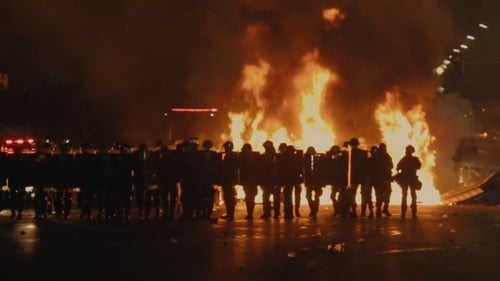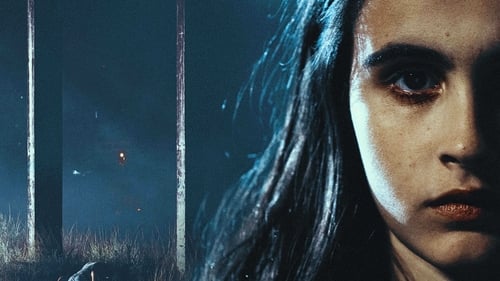João Atala
Birth : , Rio de Janeiro, Brazil

Director of Photography
Two moments in the life of Pedro. First in 1997, he lives with his family in Rio de Janeiro and works at Gás do Brasil, a company that is undergoing a tough restructuring process, with layoffs and early retirements. Soon, privatization will come. In the second moment, two years later, Pedro lives retired in his hometown Barbosa, in the company of his childhood memories, his dog and his girlfriend. By interweaving these two moments in time, we put ourselves in Pedro's skin and experience his fears and delights.

Director of Photography
By day, Mari and her friends broadcast their spiritual devotion through pastel pinks and catchy evangelical songs about purity and perfection, and by night they form a vigilante girl gang, prowling the streets in search of sinners who have deviated from the rightful path. After an attack goes wrong, leaving Mari scarred and unemployed, her views of community, religion, and her peers begin to shift.

Cinematography
While a group of high school seniors from an impoverished area of Brazil prepare for an exam that can change the course of their lives, a journey of anxiety and personal drama unfolds before the camera.

Writer

Editor
A cautionary tale for these times of democracy in crisis—the personal and political fuse to explore one of the most dramatic periods in Brazilian history. With unprecedented access to Presidents Dilma Rousseff and Lula da Silva, we witness their rise and fall and the tragically polarized nation that remains.

Director of Photography
A cautionary tale for these times of democracy in crisis—the personal and political fuse to explore one of the most dramatic periods in Brazilian history. With unprecedented access to Presidents Dilma Rousseff and Lula da Silva, we witness their rise and fall and the tragically polarized nation that remains.

Director of Photography
A retiree attempts to describe his routine as a resident of Copacabana, but the memories of his imprisonment in the Auschwitz Concentration Camp invade his narrative.

Director of Photography

Cinematography
As a young archivist labours on the reassembly of a long-lost film print, her emotional life spirals into a tumultuous state that is mirrored in the degradation of the frames she so painstakingly works upon.

Director of Photography
Barra da Tijuca, West Side Zone of Rio de Janeiro. A wave of murderers plague the area. What starts off as a morbid curiosity for the local youth, slowly begins to spoil away at their lives. Among them is Bia, a 15-year-old girl. After an encounter with death, she will do anything to make sure she is alive.

Director of Photography
The end of that land. The end of that time.

Director of Photography
Junior prepares a big surprise to ask his boyfriend to marry him, but not everything goes as planned.

Cinematography
Rio de Janeiro, May, 2012. João waits for Bia in front of the women’s restroom. However, she mysteriously disappears. Now, he doesn’t know if she died, was raptured or just fell in love with somebody else.

Director of Photography
Invented by the post-New Wave, the exercise is well-known: put a filmmaker in the frame, make him talk about his career, evoke his admirations, rummage in his methods, and add words to silences, spoken images to seen images. It’s always very instructive. As is the case here too. Chantal Akerman, passing through South America, talks about herself for an hour, and it’s fascinating. Even if her recalling of the relationship between the cinema and time makes up only a few rare minutes.

Director of Photography
Bia is a teenager just like the others: she's into rock, handball and blood.










